Atlanta Office Sector Shows Resilience
Find out how the market fared in 2024, based on CommercialEdge data.
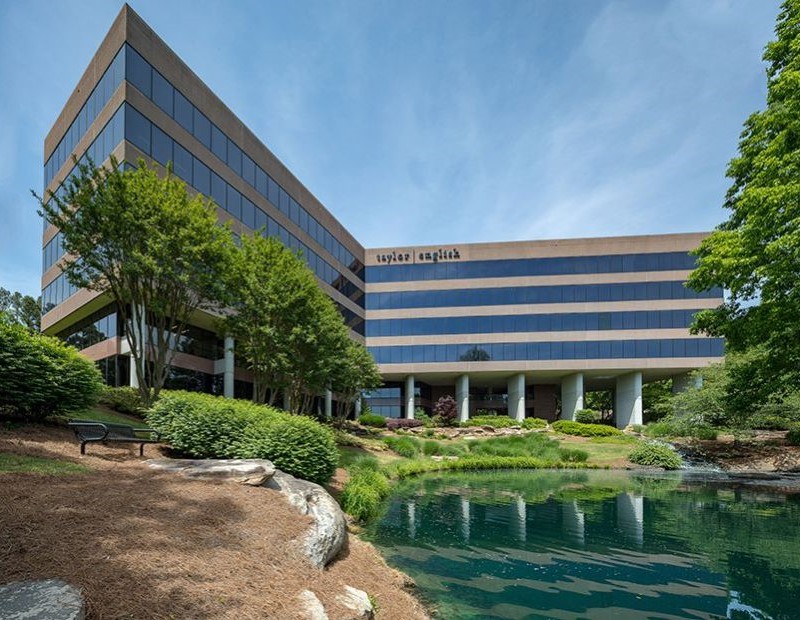
Atlanta’s office sector headed toward 2024’s end with mixed performance, but continued to show more resilience than other Sun Belt markets, CommercialEdge data shows. Office buildings in Atlanta still traded at below-average rates, while the market’s overall vacancy managed to remain at relatively healthy levels, considering the sector’s woes.
A new coworking provider entered the market in 2024, while overall investment volume remained muted. Development was active in some areas, notably with big life science projects taking shape, along with some mixed-use.
Supply expansion stays on track
Atlanta had 1.7 million square feet of office space under construction as of November, which was 0.8 percent of existing inventory—on par with the national figure. Adding planned and prospective developments to the mix brings the share to 2.3 percent of stock.
Compared to other Sun Belt metros, Atlanta was severely behind Austin, Texas (3.7 percent of stock underway), but slightly ahead of Charlotte (0.7 percent) and Houston (0.7 percent).
READ ALSO: Office Report: Coworking Spaces Evolve for Post-Pandemic Needs
Portman Holdings’ office building within the mixed-use Spring Quarter project had been the largest under construction as of November—it was completed last month. The asset has 530,000 square feet of office, 15,000 square feet of private terraces and 20,000 square feet of amenity space. The larger mixed-use development is also slated to eventually include 40,000 square feet of retail, 370 luxury rental units and 600 market-rate units.
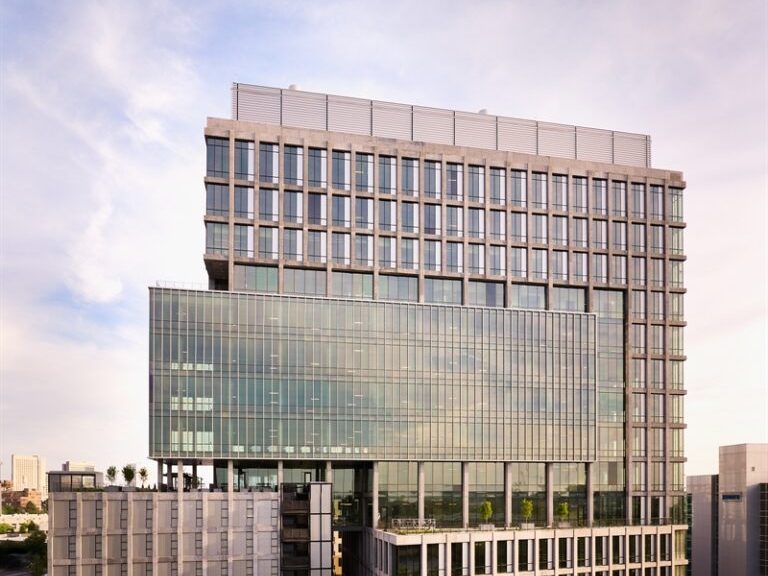
Developers completed 11 office buildings encompassing 1.6 million square feet across metro Atlanta year-to-date through November. This was 0.7 percent of existing inventory, 10 basis points above the U.S. and 20 basis points ahead of Houston (0.5 percent).
Georgetown Co., Beacon Capital Partners and RocaPoint Partners completed the first building of Campus 244, an adaptive reuse of a 1970s building, in the Perimeter North submarket. The asset has 377,775 square feet of rentable office space and is part of a larger mixed-use project, which is set to also include restaurants, retail and a hotel.
Another significant completion earlier in 2024 was Trammell Crow Co.’s first phase of Science Square, developed in partnership with Georgia Advanced Technology. The 368,258-square-foot building includes lab and clean room space, base-building systems, a 38,000-square-foot solar array and an energy recovery system.
Conversion potential grows
As office utilization continues to evolve and demand is nowhere near pre-pandemic levels, many owners are looking toward alternative solutions. Conversions to residential use continue to rise in popularity and Atlanta’s office sector is no exception. CommercialEdge created the Conversion Feasibility Index, a score calculated from various building characteristics aimed to help developers and investors identify office assets that have a high potential for conversion.
Atlanta had 16 office buildings—encompassing 2.6 million square feet—in the Tier I category for office-to-residential conversion, which have a CFI ranging from 90 to 100. It also had 74 properties—11.7 million square feet—in Tier II, which have a CFI between 75 and 89.
Invest Atlanta partnered with several companies—including The Integral Group, The Atlantic Cos., T. Dallas Smith & Co. and Lalani Ventures—to redevelop three office assets in the metro’s CBD, Atlanta Business Chronicle reported. The buildings at 1, 2 Peachtree St. and 14 Marietta St. total nearly 2 million square feet and are estimated to yield roughly 600 multifamily units, but plans are not final yet. Originally an office tower, 2 Peachtree St. NW dates back to 1966 and rises 44 stories. Holding a CFI score of 75, the property is slated to include 200 affordable units upon conversion.
Atlanta office sector’s vacancy below nation’s average
Office vacancy across metro Atlanta stood at 17.8 percent as of November, up 80 basis points year-over-year. Meanwhile, the national average increased 120 basis points, to 19.4 percent. Compared to its Sun Belt peers, Atlanta’s vacancy fared better than Austin (27.7 percent) and Houston (24.3 percent), but lagged Charlotte (16.4 percent).
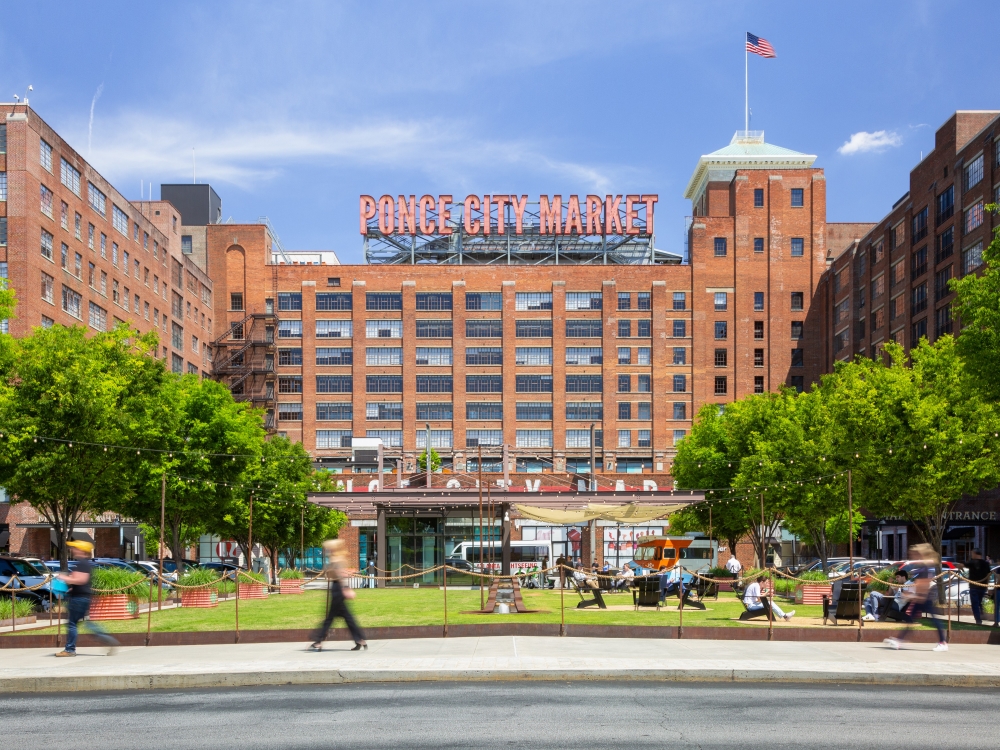
Significant lease deals this year included a mix of renewals and new agreements. In September, T-Mobile renewed its 100,000-square-foot lease at CP Group and Farallon Capital Management’s One Ravinia.
In November, Jamestown signed a new tenant at its Ponce City Market. CONA Services agreed to occupy 49,000 square feet at the mixed-use property. The IT company will relocate from its 10 10th St. NE office, where it occupies 32,600 square feet.
Some larger deals took shape earlier this year, such as Building and Land Technology’s 180,000-square-foot agreement at Concourse Office Park in Sandy Springs, Ga. Newell Brands is the new tenant, set to move in by mid-2025.
New coworking firm enters Atlanta
In November, Atlanta had around 4.4 million square feet of shared office space, which was 2.1 percent of the market’s total rentable inventory. The coworking segment continued to steadily grow across the metro, with the share of coworking space being 20 basis points above the national figure. Compared to other Sun Belt markets, Atlanta outperformed Charlotte (1.9 percent), Houston (1.8 percent) and Austin (1.7 percent).
Last month, coworking provider e|spaces entered the Atlanta market. The company leased a 32,030-square-foot, full-floor space at Adventus Realty’s 1600 Parkwood Circle asset. Most of Atlanta’s flexible office is in suburban areas, and e|spaces’ first location is no exception, being in the Cumberland/Galleria submarket.

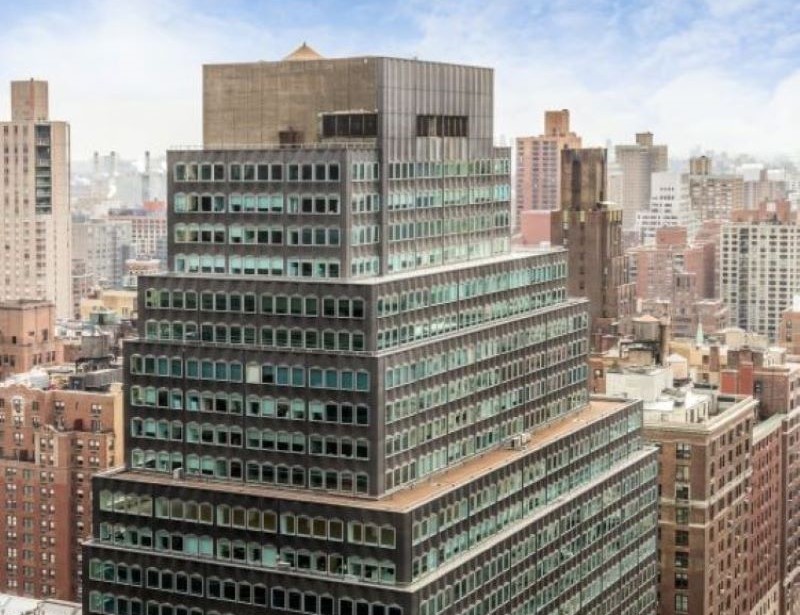

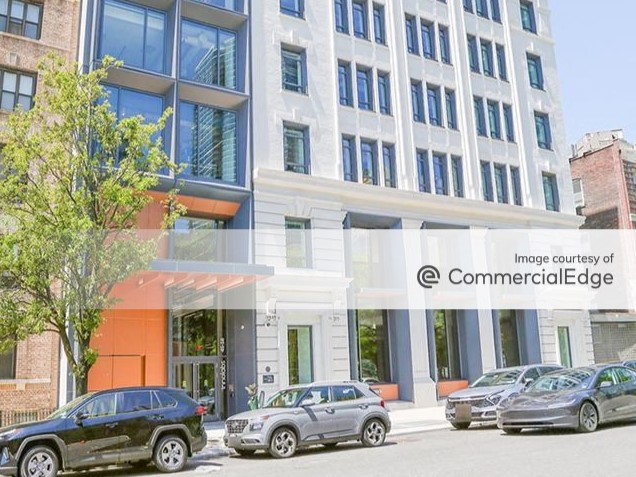
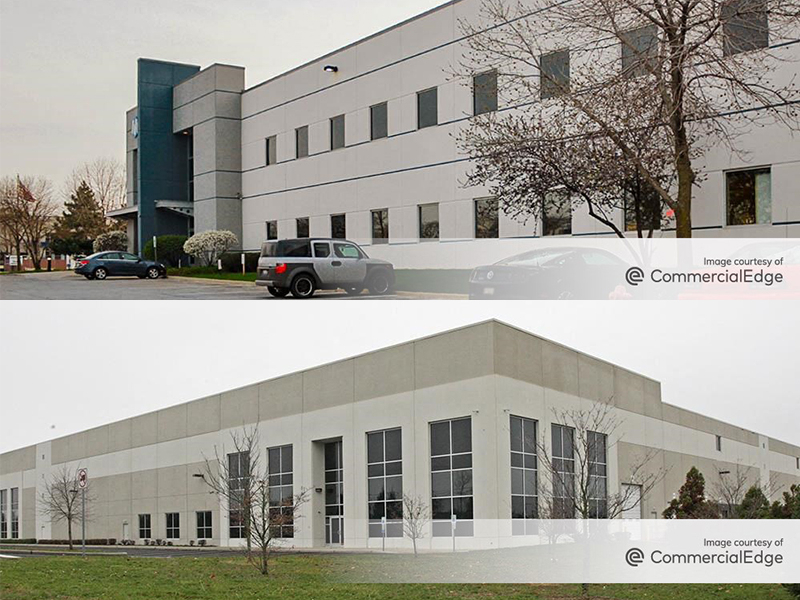
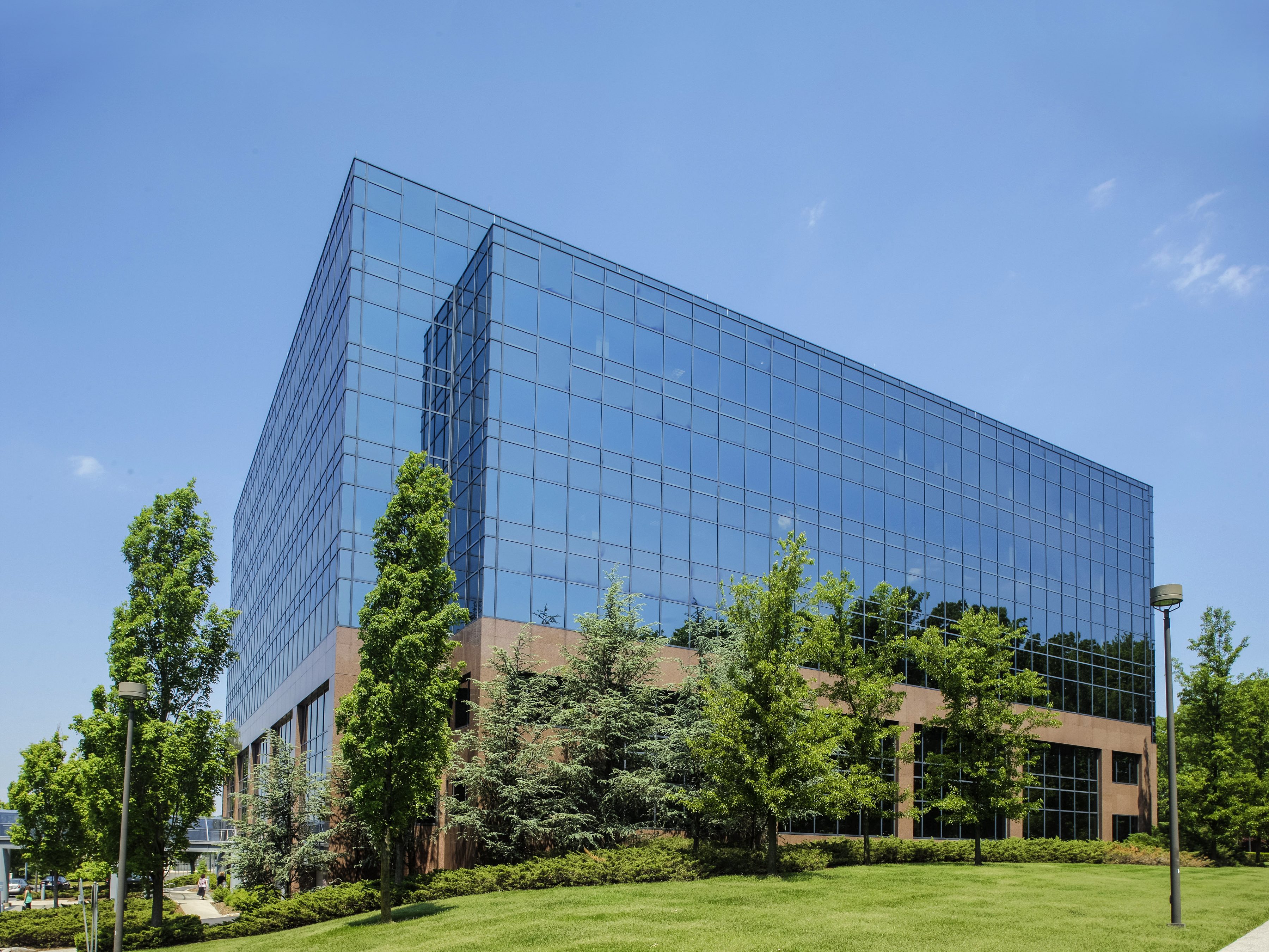
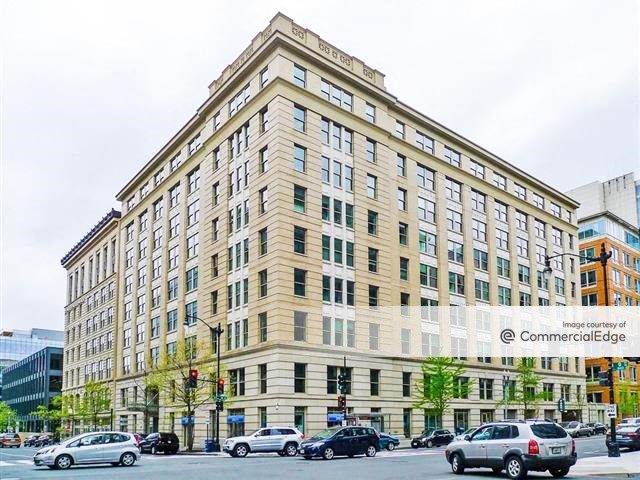
You must be logged in to post a comment.